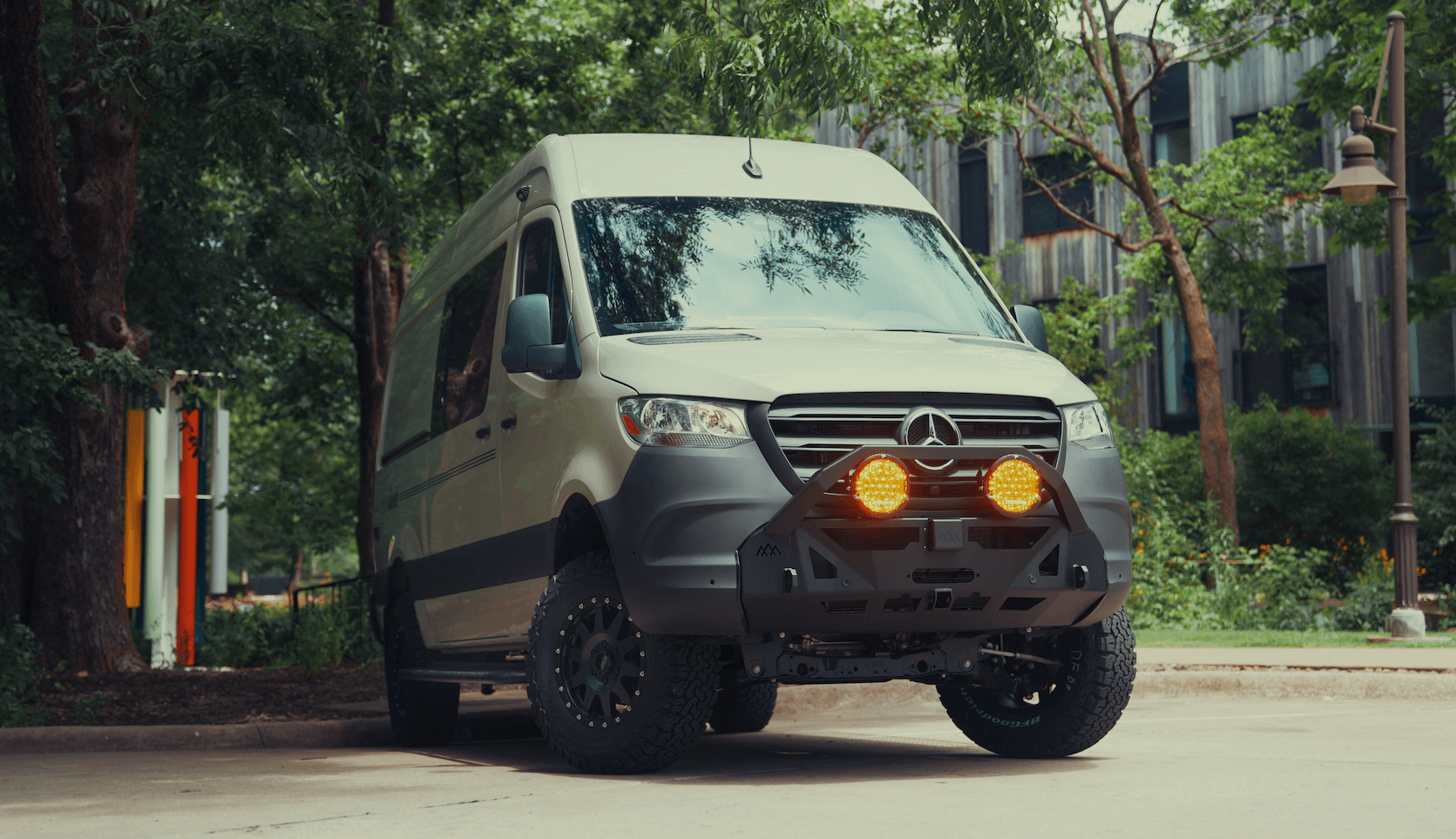Recreational Vans

Nurses on contract often rotate through 8 to 26 week assignments, juggling changing housing, new commutes, and irregular schedules. A well planned traveling nurse contract van solves for stability by turning housing into a consistent, familiar workspace and bedroom on wheels. It minimizes move in and move out stress, removes surprise rental costs, and keeps routines consistent across facilities. For many, the biggest wins are reliable sleep, predictable storage, and the ability to keep personal systems dialed regardless of the city.
In markets with tight short term housing, a self contained van can also stretch the housing stipend further. Instead of hunting for furnished month to month leases, nurses can direct budget toward fuel, secure parking, and essentials. This approach thrives when it respects hospital parking rules, local ordinances, and safe overnight practices.
A travel nurse’s day pivots on rest and readiness. Build sleep first. A firm, quiet bed, blackout shades, and real insulation help night shift recovery. Ventilation plus heating or cooling controls stabilize temperature swings. If you work days, blackout for early bedtimes keeps schedules consistent.
Power is next. A compact lithium battery bank with solar and alternator charging ensures refrigerators, laptops, and fans run quietly. Many nurses keep a window unit or roof air fed by shore power when stationed at RV friendly parking or a private driveway. Others stick to efficient fans and strong insulation for stealth setups. Reliable internet matters just as much. A cellular router with multiple carrier options or satellite internet keeps telehealth sessions, chart reviews, and continuing education within reach.
Storage should fit clinical life. Lockable cabinets for licenses, badge gear, scrubs, and shoes. A cleanable floor, a simple handwash sink, and a quick cleanup zone for post shift resets. A compact galley with induction cooktop and a small fridge stabilizes nutrition when cafeterias close. Add a pressure cooker or air fryer for simple meals between shifts.
Security is non negotiable. Install discreet door locks, motion lighting, and a hidden safe for documents. Keep the exterior low profile and avoid attention drawing decals. In urban cores, choose well lit, camera monitored areas whenever possible.
Quiet sleep needs insulation, sound deadening, and airflow. Blackout window covers and a low noise fan help shift workers protect circadian rhythm. In cold regions, safe, properly installed heat with a carbon monoxide detector is essential.
Match your daily watt hour needs to a right sized battery system. Combine solar, alternator, and shore power where possible. Redundant internet plans, from cellular to satellite, ensure charting and CEUs stay on schedule.
Use modular cabinets for scrubs, PPE, and shoes. A boot tray, handwash station, and quick wipe surfaces speed up post shift cleanup. Keep laundry in sealed bags and rotate compact loads during off days.
Budget planning starts with housing stipend patterns and expected mileage. Common costs include the van itself, insurance, maintenance, fuel, and paid parking. Some nurses set aside a line item for lot fees at nearby RV parks, church lots with permission, or monthly city garage passes where allowed. Others secure private driveway arrangements through local contacts or colleagues.
Insurance deserves careful attention. You may need a policy that covers the vehicle as a dwelling as well as daily driving. Document modifications that affect valuation. Keep medical gear and personal electronics listed on a separate contents or renters policy if applicable. Always carry current registration, inspection, and copies of licensure paperwork.
Parking and safety vary by facility and city. Many hospitals do not allow overnight sleeping in employee lots; always confirm policies with administration or security. If you must street park, study signage and neighborhood patterns. Choose light, cameras, and foot traffic. Maintain a low profile and respect noise rules. Keep a personal safety routine: check in with a trusted contact, lock doors immediately, and map exits before settling for the night.
Outline one time build costs and monthly operating expenses. Compare to local furnished housing rates. Factor depreciation, insurance, and tires, then target a monthly number that fits your stipend.
Ask your insurer about dwelling use, named drivers, and out of state travel. Confirm smoke and carbon monoxide detectors, fire extinguisher, and safe heater installation.
Start with hospital rules, then explore legal street options, paid garages, or RV park monthly rates. Prioritize lighting, cameras, and predictable routines.
If your plan is a traveling nurse contract van, prioritize sleep, power, and parking from day one. Map your standard shift schedule, list your essential devices, and choose a stealth level that matches your city mix. The goal is simple: a quiet, safe, and repeatable base that stays consistent from one assignment to the next.
When you want a rig tailored to clinical life, OZK Customs builds vans that support shift work, quiet rest, secure storage, and reliable internet. From climate control that preserves sleep to power systems sized for medical grade laptops and routers, we design for the realities of hospital parking and long weeks on call. Explore options, compare layouts, and choose the path that fits your stipend and schedule.
Recreational vans Custom van builds Finance friendly vansReady for a quiet, comfortable base between shifts? Tell us your assignment schedule and wish list. We’ll design a purpose built van that fits hospital parking realities, powers essential gear, and helps you rest well so you can focus on patient care.
ADDRESS:
6159 E Huntsville Rd, Fayetteville, AR 72701
PHONE:
(479) 326-9200
EMAIL:
info@ozkvans.com